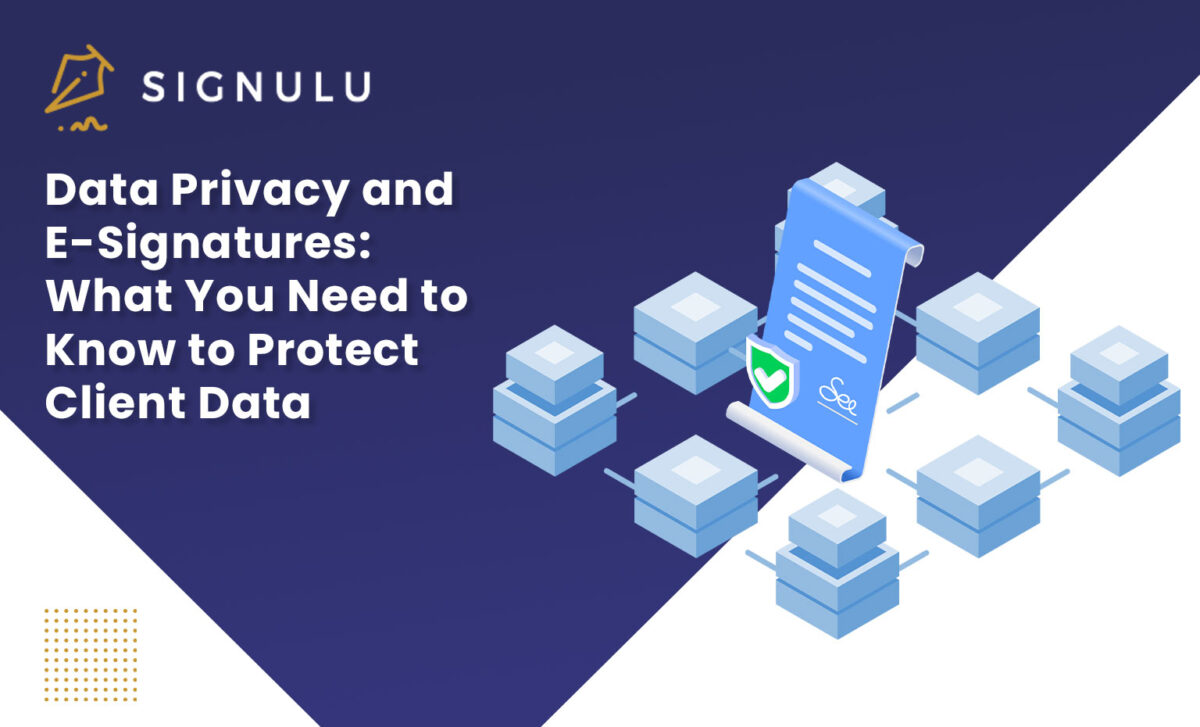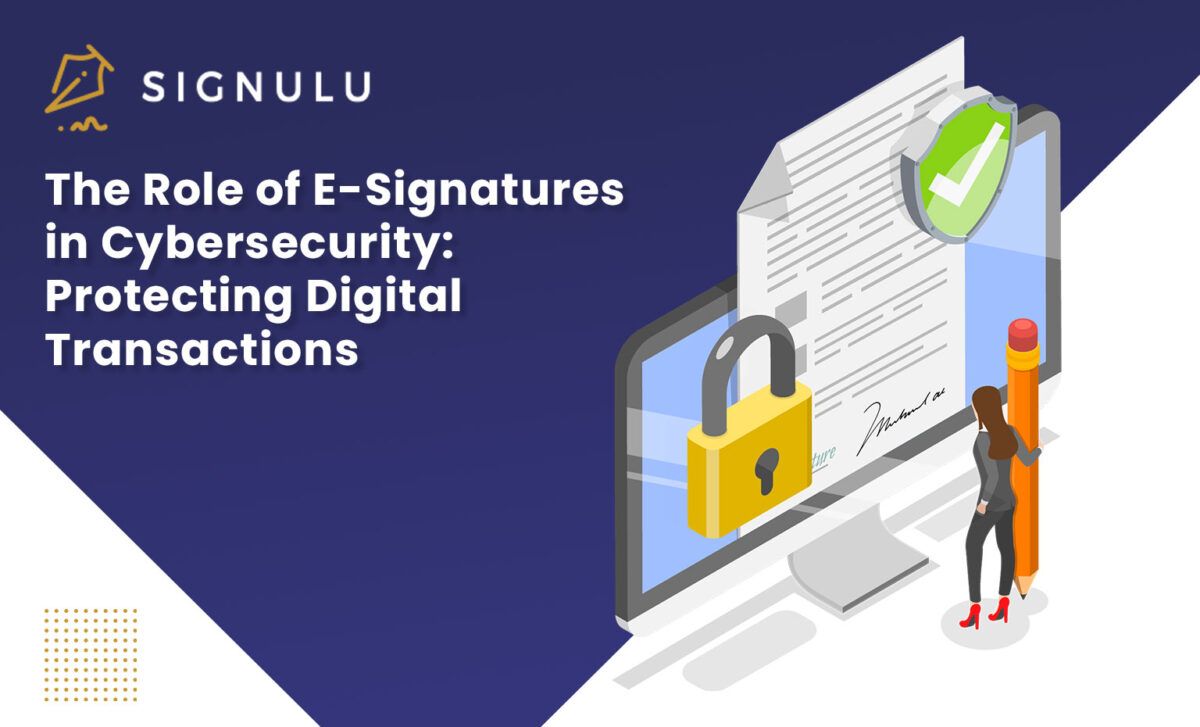In today’s digital world, the rise of e-signatures has streamlined business processes, making signing contracts and agreements faster and more efficient. But with the convenience of e-signatures comes the responsibility of protecting sensitive client and business data. Ensuring that personal and confidential information is secure during the signing process is a top priority for any business.
So, how do e-signature platforms protect this sensitive data?
Let’s dive into the security measures that are in place to keep your documents and your clients’ trust safe.
Advanced Encryption for Data Protection
One of the most critical components of e-signature platforms is encryption. Encryption transforms data into a secure format, making it unreadable to anyone without the proper decryption key. E-signature platforms typically use advanced encryption methods, such as AES (Advanced Encryption Standard), to protect documents and signatures during transmission and storage. This ensures that even if a hacker gains access to the data, it will be virtually impossible to decipher without the decryption key.
By encrypting every part of the signing process, from the moment the document is sent to when it’s signed and stored, businesses can confidently protect client data from unauthorized access.
Secure Authentication and Identity Verification
Another essential layer of protection in e-signature platforms is secure authentication. Before a person can sign a document, their identity must be verified to ensure that the right individual is authorizing the agreement. Many e-signature platforms offer multi-factor authentication (MFA), which requires users to provide multiple pieces of evidence (such as a password and a one-time verification code) to confirm their identity.
This step prevents unauthorized individuals from signing on someone else’s behalf, adding an extra level of security and ensuring that sensitive agreements are signed by the correct parties.
Tamper-Evident Technology
E-signature platforms use tamper-evident technology to ensure the integrity of a document once it has been signed. This technology detects any unauthorized changes to a document after it has been signed and alerts the parties involved. A tamper-proof seal is placed on the document, which locks in the signature and content, ensuring that the agreement remains unchanged.
This is particularly important for businesses that deal with contracts, legal agreements, or sensitive financial documents. It gives both businesses and clients peace of mind that the signed document they receive is exactly as it was intended, without any alterations.
Audit Trails for Transparency
Audit trails are another essential feature that e-signature platforms provide to ensure data privacy. An audit trail tracks every step of the signing process, from when the document is sent to when it’s opened, signed, and returned. This creates a detailed, timestamped record of every action taken on the document.
Audit trails offer transparency and accountability, providing businesses with a clear record of who signed the document and when. In the event of a dispute, the audit trail acts as undeniable proof of the document’s history, ensuring compliance and minimizing the risk of fraud.
Why Choose Signulu for Data Protection?
Signulu’s e-signature platform goes above and beyond to protect your data. With advanced encryption, secure authentication, tamper-evident technology, and comprehensive audit trails, Signulu ensures that your sensitive business and client information remains safe and secure. On top of that, Signulu’s Document Summarization feature helps you quickly review key contract details, while the GenAI Chatbot is available to assist with any questions you may have during the signing process.
Experience the Security Yourself!
Ready to safeguard your client data while enjoying the convenience of e-signatures? Try Signulu with a free 14-day trial and discover how our platform can protect your business and clients while streamlining your document workflows.


